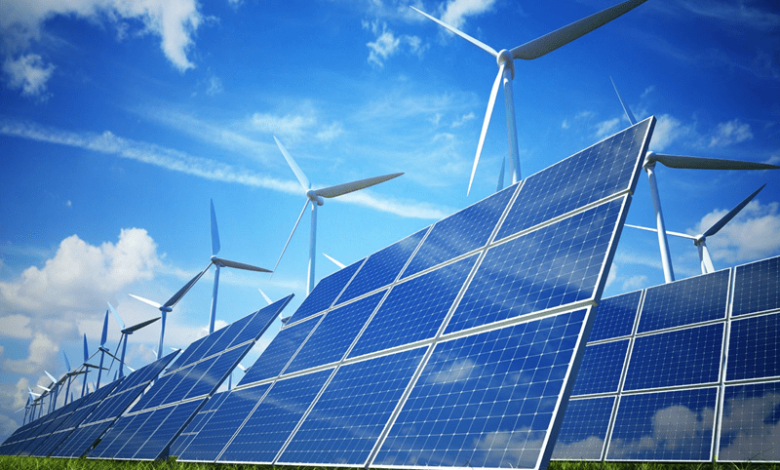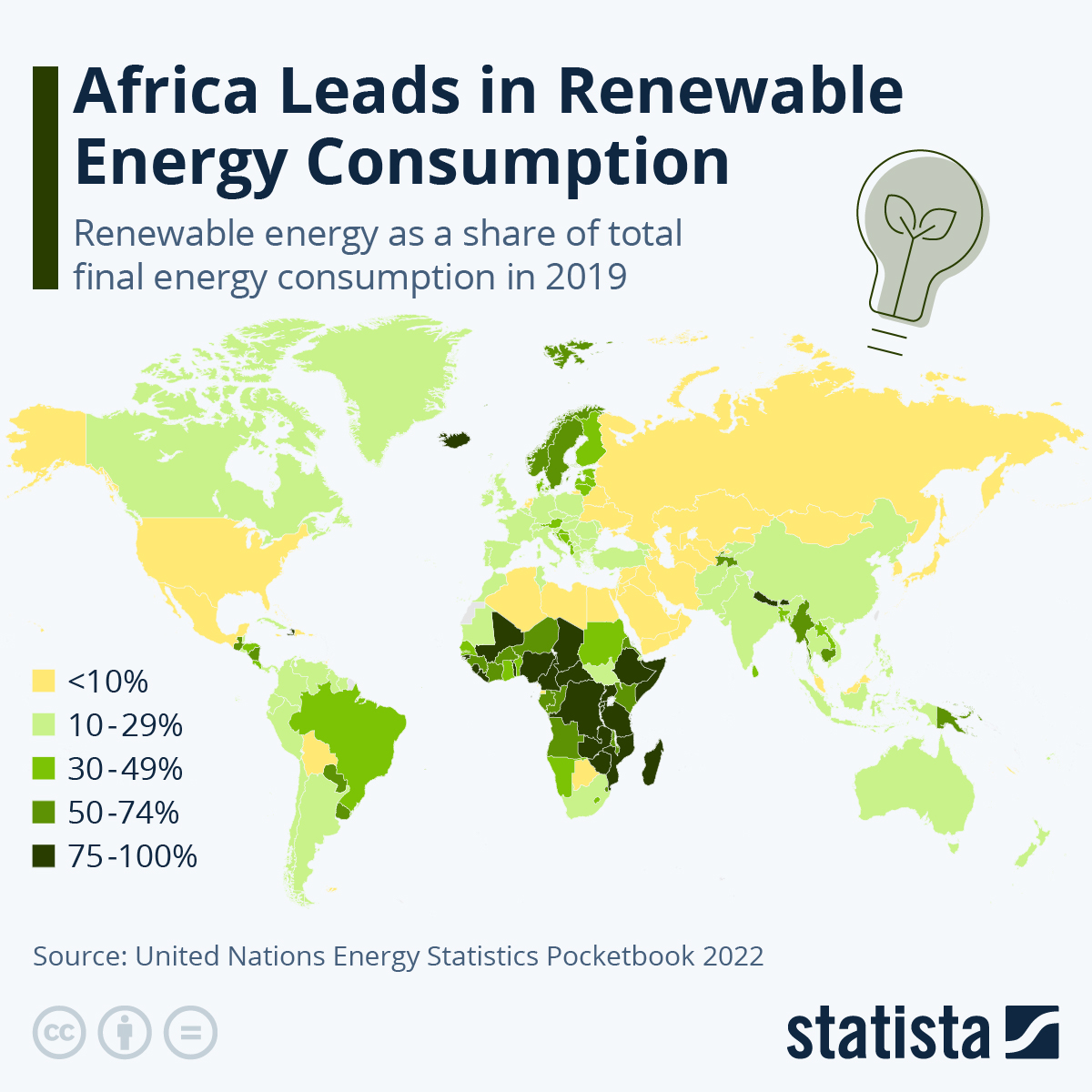Green Africa: Empowering a Tech-Driven Continent Through Sustainable Power Solutions Introduction

As Africa strides forward as one of the world’s most rapidly growing regions, the continent faces the dual challenge of sustaining its economic momentum while addressing critical energy needs. With the global push towards a low-carbon future, Africa’s shift to renewable energy is not just an environmental necessity but also a strategic imperative to unlock its vast economic potential. The continent’s embrace of sustainable power solutions promises to transform its energy landscape, drive technological innovation, and foster inclusive growth.

The Role of Renewable Energy in Africa’s Growth
Africa’s energy landscape is undergoing a significant transformation, driven by the urgent need to diversify energy sources and enhance energy security. Traditional reliance on fossil fuels has given way to a more sustainable approach, with renewable energy sources like solar, wind, and hydropower taking center stage. This shift is not only reducing the continent’s carbon footprint but also creating new opportunities for investment and job creation across various sectors (IEA, 2022).
Distributed Renewable Energy (DRE) solutions, such as solar home systems and mini-grids, are revolutionizing energy access in remote and underserved areas. By decentralizing energy production, these systems are empowering communities to generate their own clean energy, driving economic development and improving quality of life. For example, the DREAM (Distributed Renewable Energy Modalities) project in Ethiopia is set to establish 200 mini-grids, providing electricity to over 290,000 people and creating or improving 60,000 jobs by 2030 (Global Energy Alliance for People and Planet, 2024).
Battery Energy Storage Systems: Enhancing Energy Resilience
One of the critical challenges of renewable energy is its intermittent nature. However, Battery Energy Storage Systems (BESS) are emerging as a game-changer, enabling the efficient integration of renewables into the energy grid. By storing excess energy generated from sources like solar and wind, BESS ensures a steady and uninterrupted power supply, mitigating the challenges of intermittency. This technology is pivotal in strengthening energy grids, enhancing their reliability, and supporting the growth of a dynamic energy ecosystem across Africa (Global Energy Alliance for People and Planet, 2024).

The Economic Impact of Sustainable Power Solutions
The adoption of renewable energy is not just about environmental stewardship; it is also a catalyst for economic growth. Africa’s transition to green energy is creating a fertile ground for innovation, attracting global investments, and generating employment opportunities. The renewable energy sector’s expansion is expected to drive economic progress in sectors such as agriculture, manufacturing, and services, providing a sustainable pathway to prosperity (IEA, 2022).
Africa’s participation in the Global Energy Alliance for People and Planet (GEAPP) initiatives highlights its commitment to scaling up renewable energy solutions. For instance, several African countries are joining the GEAPP Leadership Council-led BESS Consortium to contribute towards unlocking 90 GW of storage capacity and enabling 400 GW of renewable energy by 2030 (Global Energy Alliance for People and Planet, 2024).
A Collaborative Approach to a Green Future
The successful realization of Africa’s renewable energy potential requires a concerted effort from governments, businesses, and civil society. Long-term financing mechanisms are crucial to support the deployment of renewable energy infrastructure and technology. Additionally, investments in education, training, and capacity building are essential to equip local communities with the skills needed to participate in the clean energy transition.
As Africa continues to embrace green energy, it not only positions itself as a leader in the global transition to a low-carbon future but also sets the stage for sustainable and inclusive economic growth. The continent’s steady race towards renewable energy is a testament to its resilience and its commitment to a prosperous, tech-driven future (Global Energy Alliance for People and Planet, 2024).
Conclusion
Africa’s journey towards sustainable energy solutions is more than just an environmental initiative; it is a transformative movement that holds the key to unlocking the continent’s full potential. By harnessing renewable energy and integrating it with technological advancements, Africa can lead the way in creating a resilient, inclusive, and tech-driven future. As the continent continues to embrace green energy, it stands poised to not only drive economic growth but also contribute significantly to the global fight against climate change (IEA, 2022).



